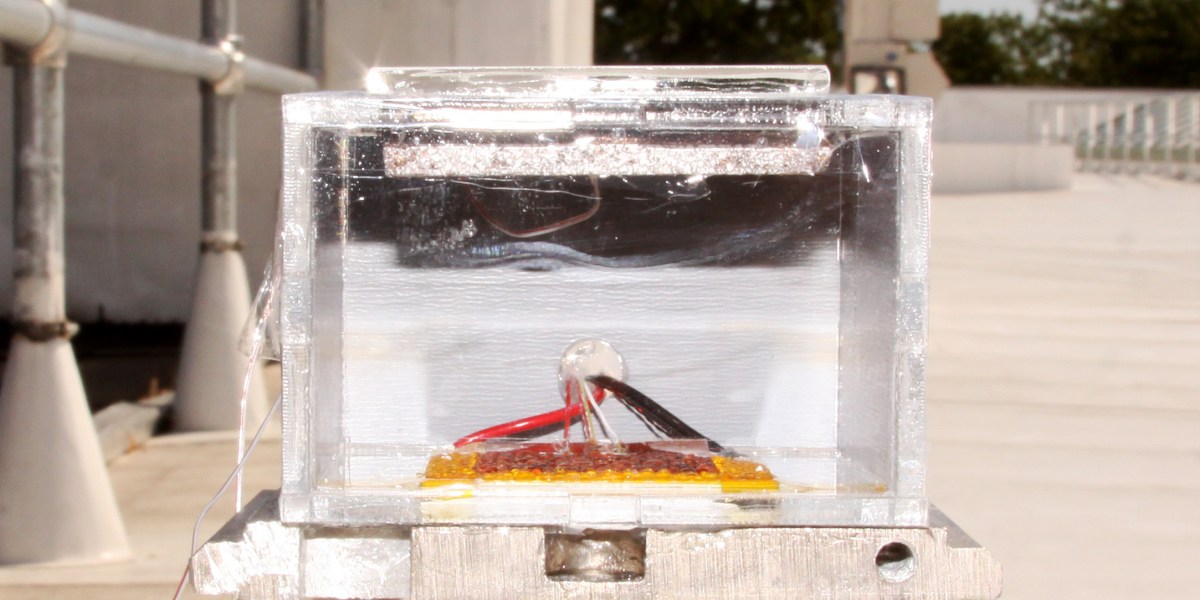- Sep 15, 2018
- 955
- Pool Size
- 17000
- Surface
- Plaster
- Chlorine
- Salt Water Generator
- SWG Type
- Hayward Aqua Rite Pro (T-15)
So today's paper had the annual hurricane guide. Which started our conversation about starting to stock up on water etc. Of course we have this big reservoir of water in the backyard which can easily be used for flushing etc, but it made me start thinking about converting it to drinking water in an emergency. Does anybody have DIY distilling equipment or other mechanism to prepare for an emergency?



